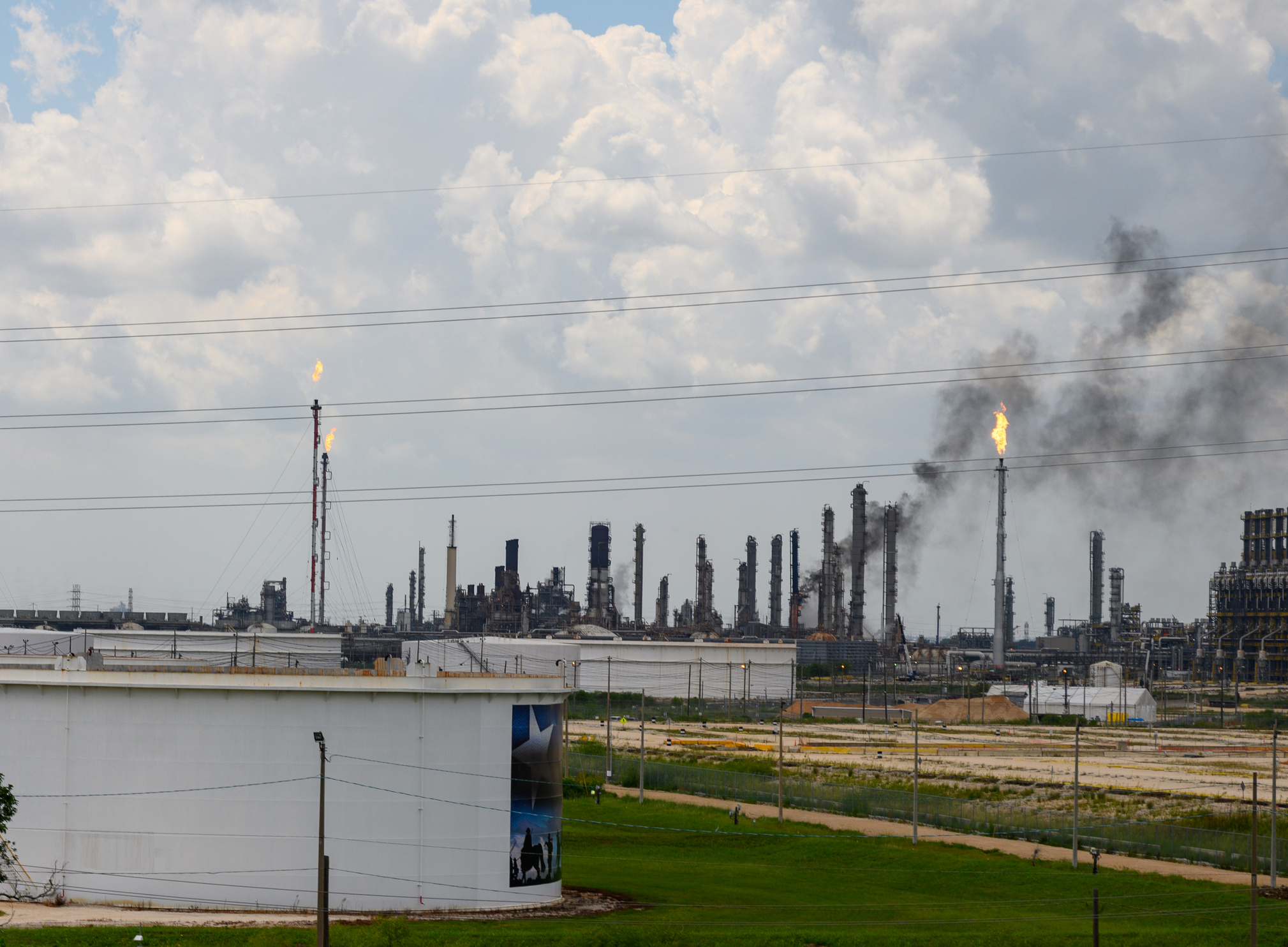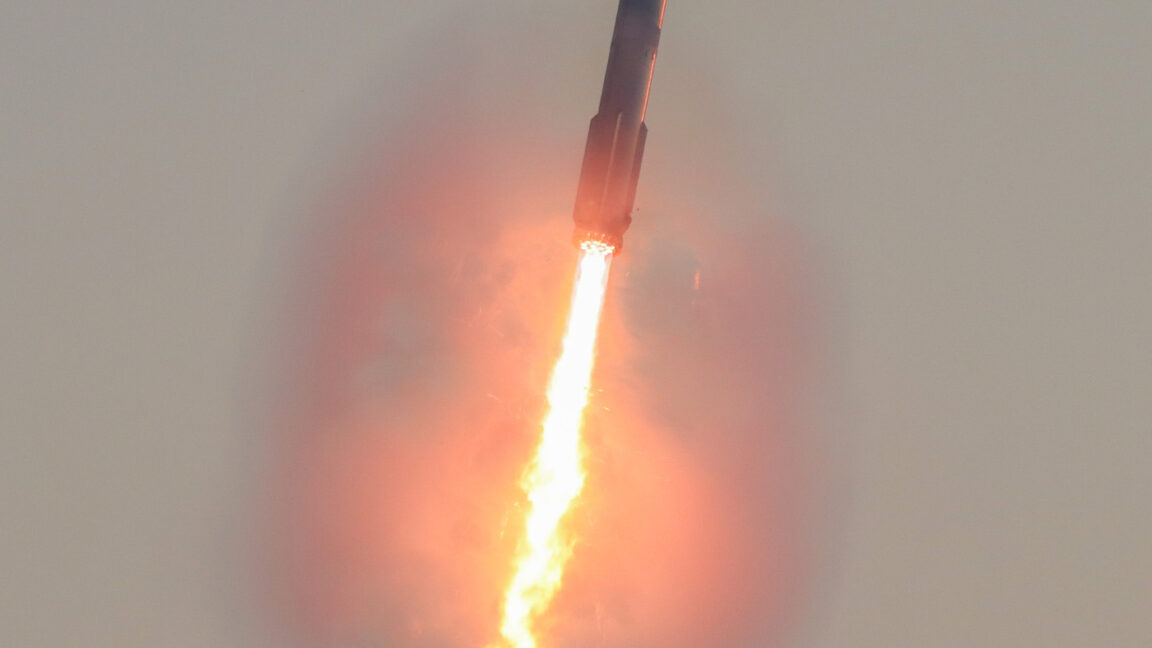Thursday, the House Committee on Oversight and Reform held hearings on the role of oil companies in fostering our present climate crisis. The companies led by these executives have a long history of playing down the risks of climate change, leading a number of House Democrats to suggest that this hearing could be the equivalent of the 1994 hearings with tobacco executives, in which the executives denied well-established scientific data on the addictiveness of nicotine.
But that expectation was doomed to disappointment. Oil companies, after all, had already demonstrated that they are happy to accept the science of climate change when under oath; they just tend to spin the details of their own role in influencing public perceptions of that science. Congress was treated to a repeat performance of that sort that neatly avoided the kind of catastrophic failure in public perception that the tobacco company executives produced.
However, the hearing did manage to highlight the gap between what many companies are saying now and the reality of what society has determined it needs to accomplish. What follows is less a recap of the testimony and more of an analysis of how the companies' spin brought them to their current circumstances—and where they'll go from here.
Why we’re here
It's now well-established that Exxon employed scientists who looked into the issue of climate change decades ago and came to the same conclusions as mainstream science did. But even as that information percolated internally, the company's executives were casting doubt on those findings.
This is where their paths diverged from those of tobacco executives. Over time, the rhetoric of oil companies shifted so that they no longer directly contested the science. Instead, Exxon provided funding to organizations that attack climate science, such as the Heartland Institute. Others funded the organization in a more roundabout way, through contributions to the American Petroleum Institute (API), which then provided funding to Heartland. Obviously, the API did many other things on behalf of oil companies, providing a useful layer of abstraction between the companies and climate change denialism.
That funding ended up serving two purposes. First, it continued the circulation of unjustified uncertainties regarding the strength of the scientific evidence, and company executives could reference that uncertainty in statements. Second, it allowed the executives to publicly acknowledge some aspects of climate science while remaining assured that the lobbying the companies had funded would continue to prevent any concrete action based on that science.
Thursday's hearings saw these factors come out in both dramatic and subtle ways. Exxon's CEO, Darren Woods, was challenged on a statement by a former company CEO who assigned climate science an uncertainty his own scientists said it lacked. But Woods denied any contradiction because he was able to point to a different part of the same statement in which the CEO said that we should probably do something about climate change.
All the executives were careful to note that they accepted that humanity "contributes" to climate change. Given that recent Intergovernmental Panel on Climate Change reports have concluded that essentially all the warming in the past century is due to human activities, this is a subtle way to undercut scientific conclusions while appearing to sound reasonable. Unfortunately, nobody called the executives on the tactic. But Committee Chair Carolyn Maloney did note the companies' past funding of climate change denialism and asked the executives to pledge that they would not do it again in the future. A grand total of zero executives were willing to make that pledge.
By contrast, all of them happily pledged to keep producing energy when prompted by a Republican committee member.
The awkward present
The promise to keep producing fossil fuels nicely illustrates the difficult set of circumstances that the oil companies' past stalling has left them and the public in. To an extent, we're all now the victims of their past successes.
The inaction the oil companies helped promote has ensured that we're now decades behind on reducing our carbon emissions. As a result, achieving international goals on emissions means that some of the known oil reserves that form the foundation for the companies' value will actually have to stay in the ground. Put differently, if we want to keep warming below 2° C, some of the oil companies' assets will end up being worthless, and they'll need to start reducing production tomorrow.
The companies are only now starting to take halting steps to acknowledge that fact. Shell intends to stop searching for new deposits in 2025. It is investing in renewables, and it plans to lower its production—but at a pace that's not fast enough to meet goals set out in the Paris Climate Agreement. Only BP plans to reduce production at a pace that is consistent with Paris; Exxon has no plans for reducing production, and Chevron actually plans to increase it.
The excuse offered again and again during the hearing was that the demand for fossil fuels remains high. But that is also the product of the delay fostered by the companies' spin and lobbying. Alternative technologies like renewable energy and electric vehicles have only now reached the maturity needed to provide viable alternatives, leaving us with a huge installed base of internal combustion vehicles and natural gas-powered heaters that need to be fueled.
The situation leaves us with two potential paths. One is that we allow demand to drop slowly and miss our climate goals. The other potential path is to push the transition to fossil fuel alternatives, which will likely lead to energy disruptions due to the rushed nature necessitated by our past delay.
The potential for disruptions was a theme the Republicans at the hearing returned to repeatedly, pointing to a recent rise in gasoline prices and worries of natural gas shortages if the winter turns out to be cold. The tactic felt like an attempt to ignore an actual crisis—the one with our climate—and manufacture a new one that requires a "solution" that would make the actual one worse. (Naturally, the same people hyping a hypothetical fossil fuel supply crisis complained that climate advocates are bad because they scare people with their warming scenarios.)
A future of contradictions and bad faith
The futility of the hearing was probably best illustrated by the presence of the American Petroleum Institute, an organization representing a market that, if everything goes according to plan, will shrink to an afterthought over the next few decades. What exactly is the institute supposed to say?
For the oil companies, the hearing was mostly an exercise in misdirection. They'd point to a few renewable energy projects they are involved in, only to have committee members point out that renewables represent just a tiny fraction of the company's total outlays. They'd hype their plans for reducing the emissions produced by their operations, which committee members noted conveniently ignored the fact that those plans ignored all the emissions that would result from the products of said operations.
All of the executives were on record as supporting the Paris Agreement, but committee members had dug into their companies' lobbying histories and found one mention of Paris compared to hundreds of instances where they lobbied over tax policy. Exxon's CEO repeatedly brought up carbon capture technology, even though it has not been demonstrated at any sort of scale.
Republicans made it clear that they were there to help with the obfuscation, repeatedly bringing up the fact that fracking had allowed the US to drop emissions by moving away from coal and raising the specter of a return to coal if US energy policy gets in the way of continuing the expansion of natural gas.
The reality, of course, is that investing in further natural gas capacity and generation now means we could be in the same place with a different fuel in a few decades. Natural gas is far better than coal, but it still produces greenhouse emissions that we'll need to eliminate. The more we invest in it now, the harder it will be to move on in the future.
So maybe it was wrong to think of the tobacco hearings as the preview for Thursday's grilling of oil executives. Instead, it's probably best to think of this meeting as a preview for the sorts of hearings we can expect to see with the natural gas industry a few decades down the line.


